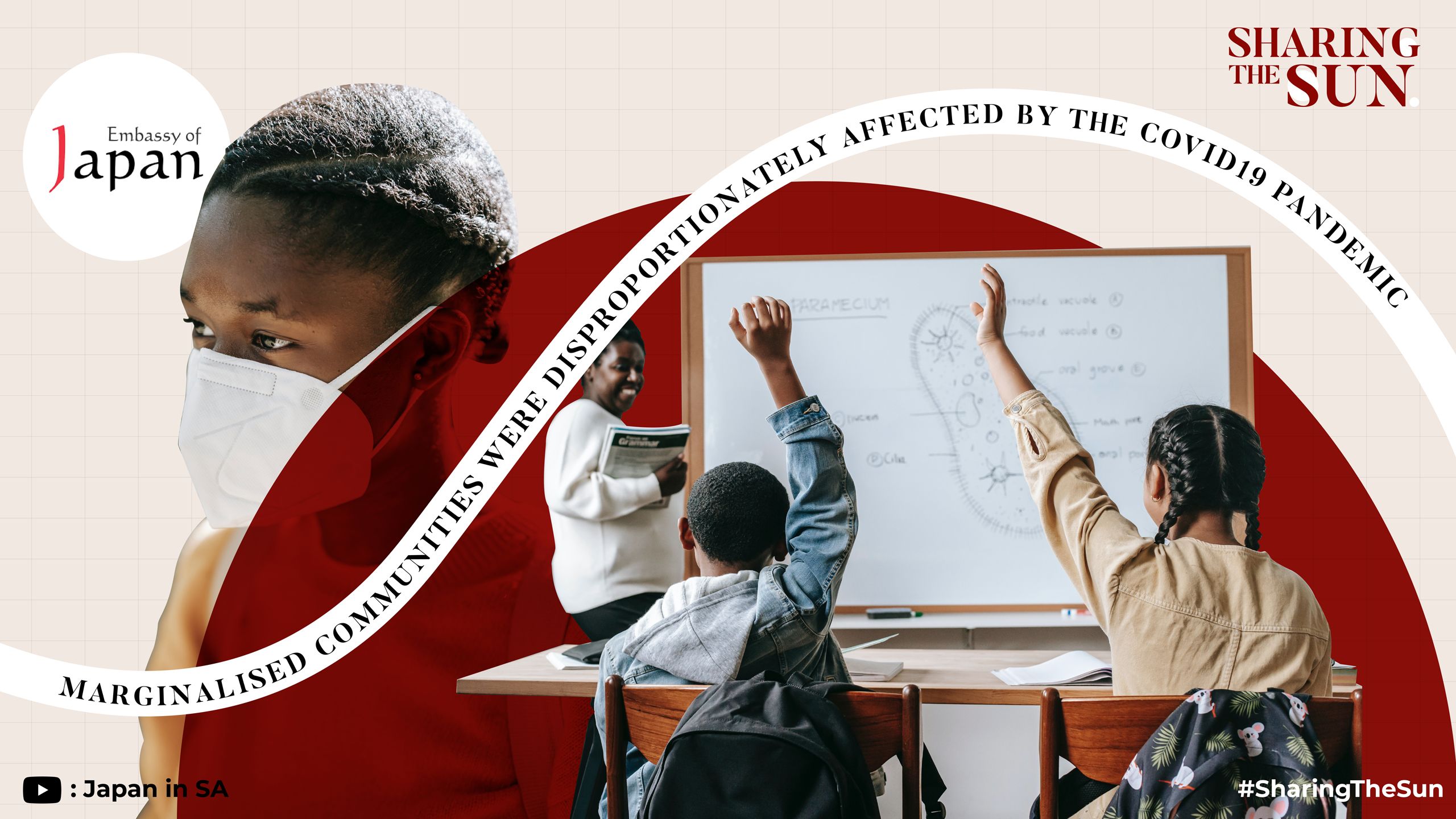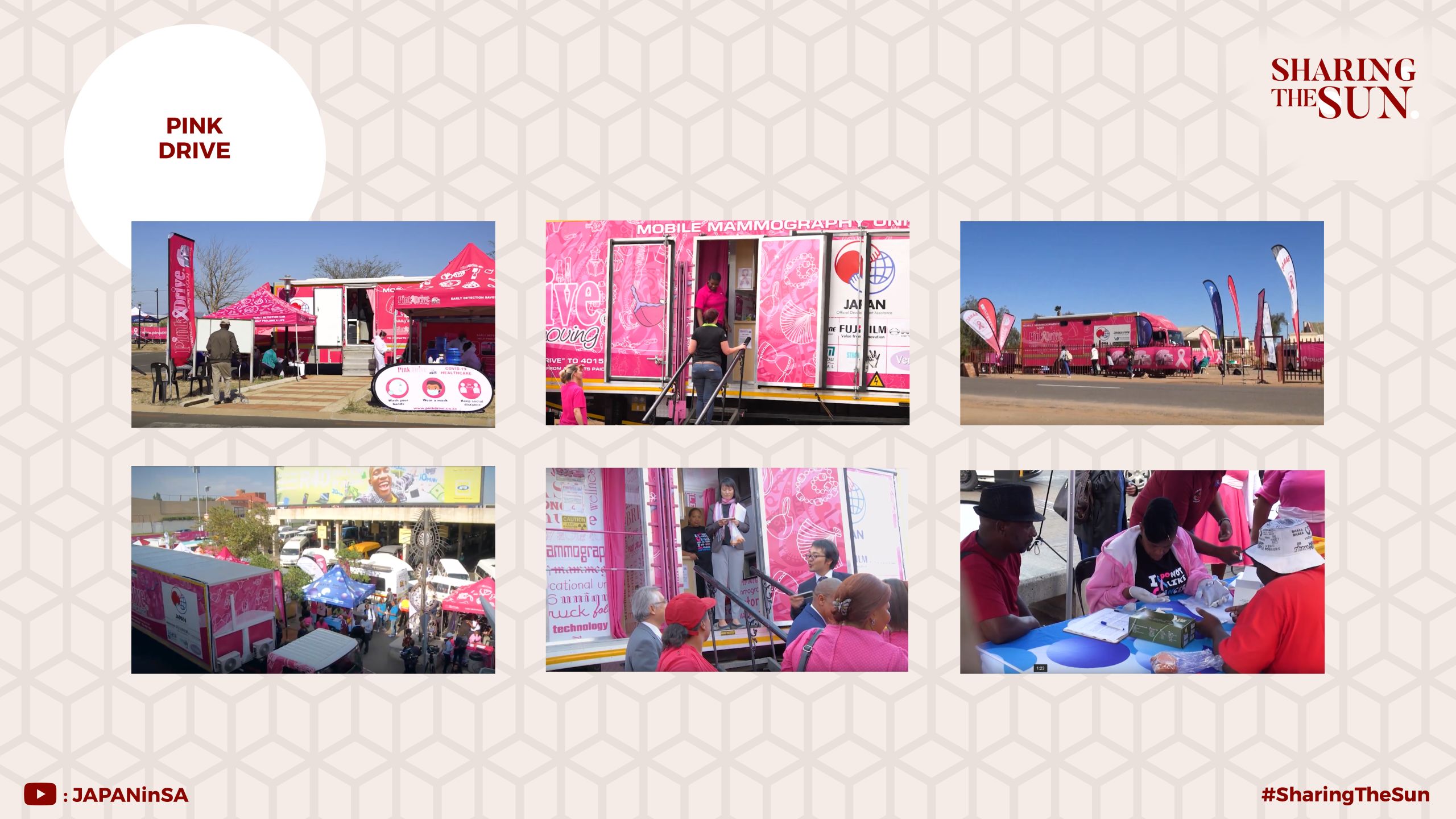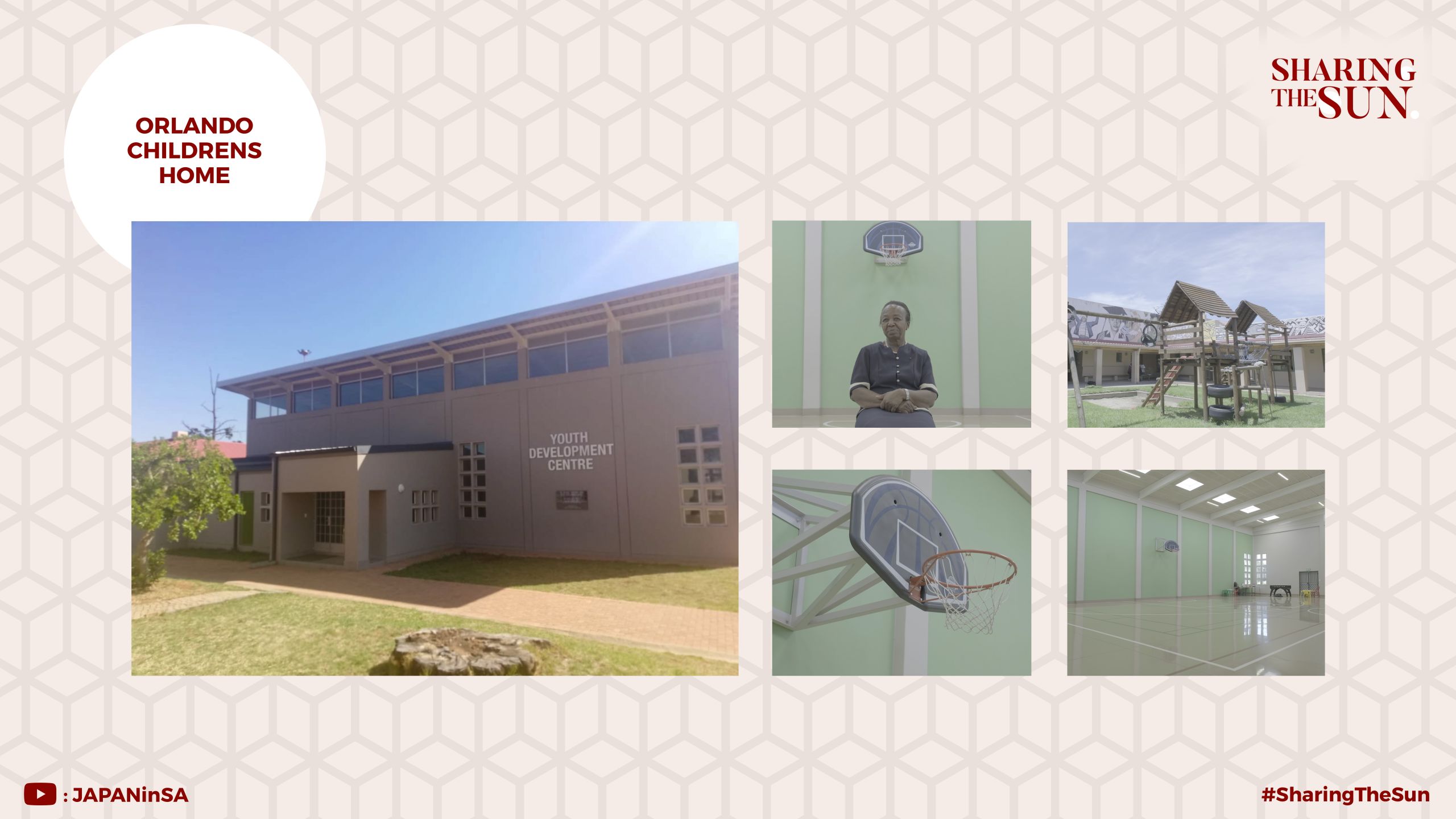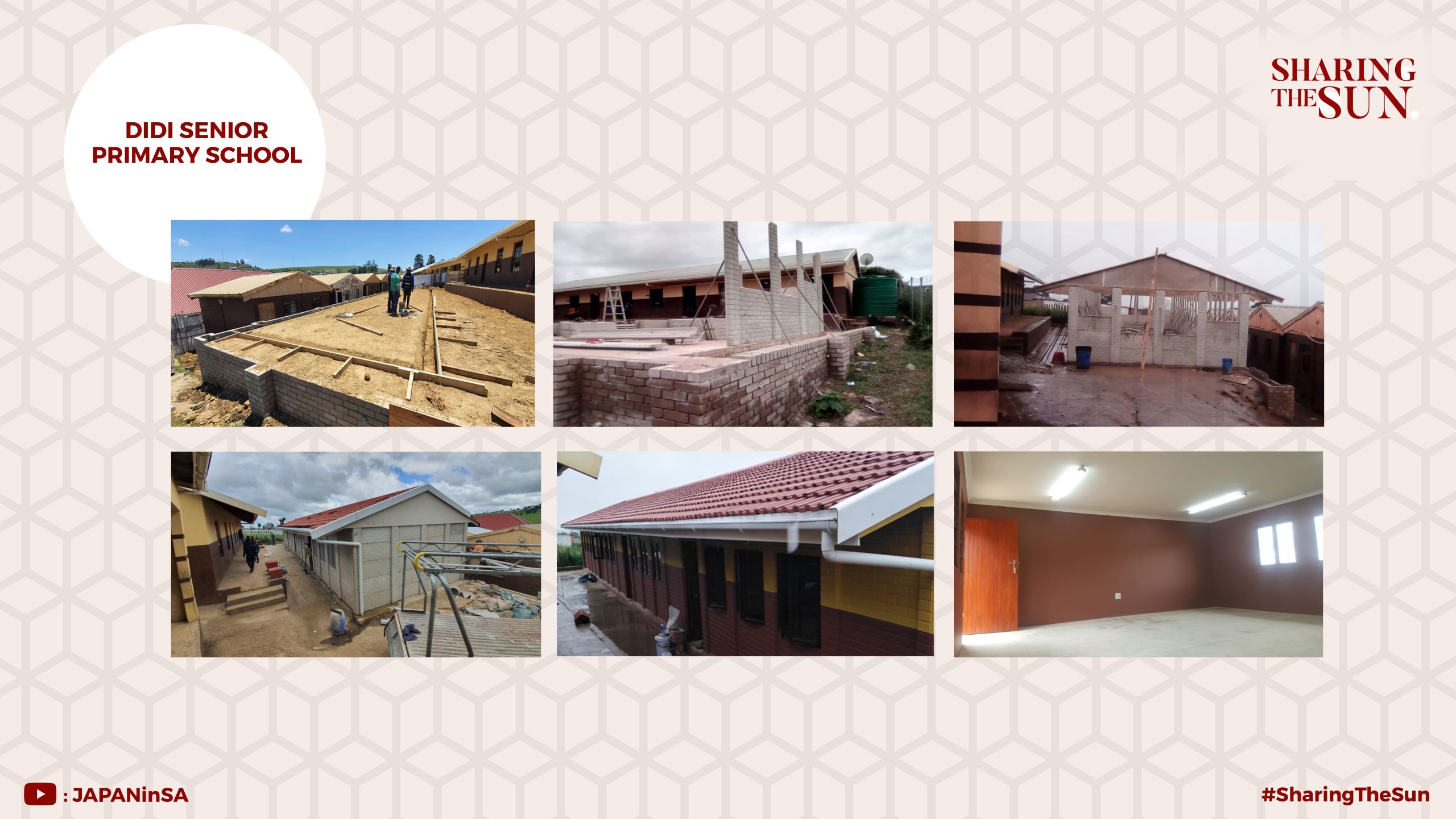
When Noelene Kotschan established PinkDrive, she had one goal in mind: to make breast cancer screening easily available for women throughout the country because early detection vastly improves treatment outcomes.
Her aim was to bridge the gap between public and private healthcare by using mobile mammography units and mobile screening vans to reach women in even the poorest and most remote communities.
The big challenge was, of course, how to fund these facilities because they come with quite a substantial price tag.
Noelene decided to approach private companies and embassies for funding and, through a private/public partnership, Japan stepped up to the plate. With its commitment to leaving no one behind, the country fosters development at grassroots level by sponsoring various projects and programmes.

Working through its Grant Assistance for Grassroots Human Security Projects (GGP) Programme, Japan contributed towards the funds she needed to buy and equip one of the three mobile mammography units she required. The unit is fitted with a mobile mammogram machine and has a separate consulting room, where pap smears can also be done, offering screening for the two most common cancers among women.
In 2017, Japan contributed towards a further two vehicles to support Pink Drive’s work in KwaZulu-Natal. These mobile units are affectionately known as Shobu (the Japanese word for Iris) and Sakura (the Japanese word for Cherry Blossom). They are being used to screen for all four gender-related cancers, including prostate and testicular cancer, and have extended their services to offer screening for a number of other conditions, including Covid-19, diabetes, TB and HIV/Aids.
In 2018, the Japan also provided funding for the construction of a fully equipped youth development centre at the Orlando Children’s Home in Soweto, while in 2019/2020 it sponsored a large infrastructure project at the Didi Senior Primary School in Eastern Cape.
The Project Director of Orlando Children’s Home, Ms Mirriam Mazibuko, says she can’t emphasise how important donations are to the home, which was established in 1940 to care for lost, orphaned, abandoned and neglected children in the community. Today it houses 60 children and, in addition, runs a kindergarten section for babies and toddlers, an adoption programme, a Granny outreach programme and a comprehensive social work programme.
Public subsidies cover 50% of the home’s annual running costs, so the balance has to be derived from fundraising. As importantly, the facility doesn’t receive any public funding for infrastructure maintenance or capital expenditure projects so it simply couldn’t be maintained or expanded without private funding.

The new development centre, says Maselane, has been a godsend. It is used for all sorts of activities, including daily physical education sessions, homework supervision, baby care services, prayer meetings and, to the delight of the children, a number of indoor sports, including basketball and karate. Equipped with a fully fitted kitchen and a catering-grade stove, it also allows for meals to be prepared on site, enabling the home to nurture the whole child; body, mind and soul.
Caregivers have seen many tangible benefits since the centre was built, noting a clear improvement in health, wellbeing, self-esteem, discipline and cooperation among the children. When they’re ready to leave the home, says Maselane, they can enter the adult world as happy, well-adjusted individuals who are an asset to society and not a liability.
Didi Senior Primary School’s Principal, Mr Vuysile Vatcha also faced infrastructure challenges. Overcrowding in the school’s limited facilities had become a serious issue, with some classes being held in wooden structures, which were not only inadequate and insecure, but difficult to keep clean. Funding of just over R1 million received from Japan was used to build four secure and well-equipped classrooms and to upgrade the school’s stormwater management system.

Vuyisile says the new facilities have made a tremendous difference to the daily activities of learners and teachers alike. He anticipates that they will help to improve educational outcomes at the school, which is located in the rural town of Bizana, an historically underserved community.
The empowerment of disadvantaged communities will continue with Japan’s support.
To learn more about these programmes please visit The Grant Assistance for Grass-roots Human Security Projects.
And tune into our webseries #Sharing the Sun, which airs every Thursday on the Embassy of Japan’s YouTube Channel JAPANinSA.
Find the Embassy of Japan on Instagram, Facebook and Twitter.



